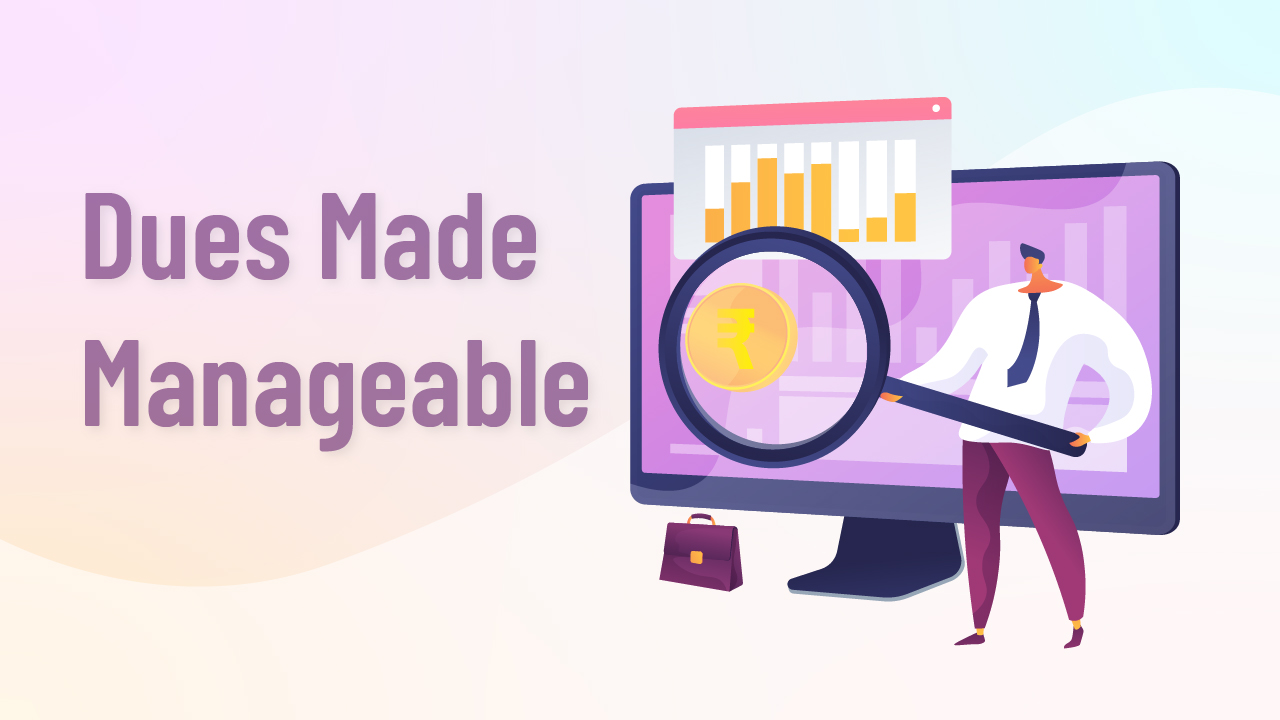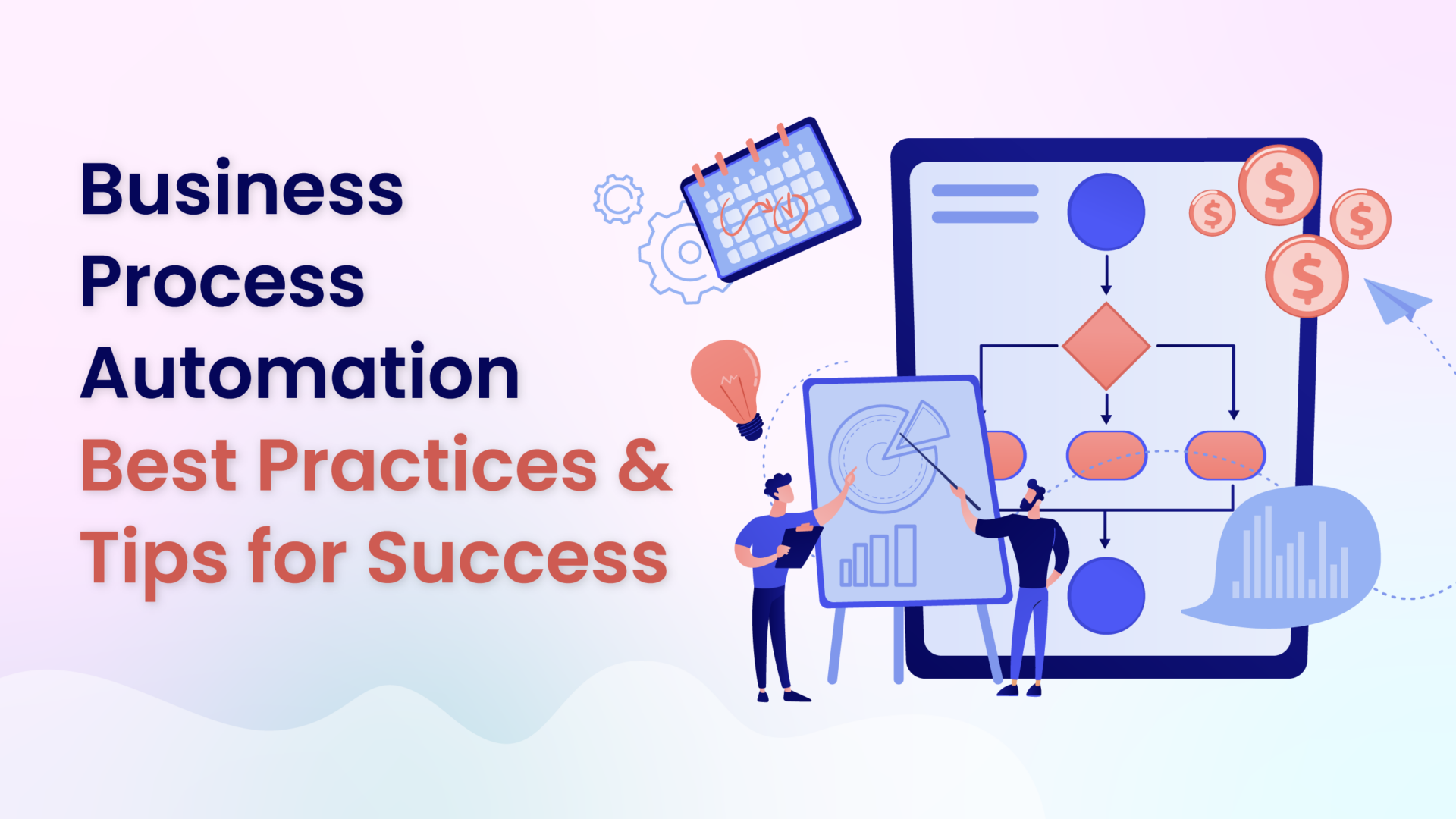Business Process Automation (BPA) has become a critical component of modern organizations seeking to streamline operations, reduce costs, and improve efficiency. However, to maximize the benefits of BPA, it’s essential to follow best practices for designing, implementing, and maintaining effective automation solutions. This blog will share valuable tips and strategies to help you successfully navigate your BPA journey.
- Identify and Prioritize Processes for Automation
Begin by conducting a thorough analysis of your organization’s processes to determine which ones are suitable for automation. Prioritize processes that will deliver the most significant ROI regarding cost savings, efficiency improvements, and reduced risk. Focus on repetitive, time-consuming, and rule-based tasks with a high potential for human error.
- Set Clear Goals and Objectives
Define the specific goals and objectives of your BPA initiative, such as improving productivity, reducing errors, or enhancing customer satisfaction. Establish measurable KPIs to track progress and demonstrate the value of your BPA efforts to stakeholders.
- Involve Key Stakeholders
Engage relevant stakeholders, including management, IT, and end-users, in the planning and implementation of your BPA solutions to ensure buy-in, facilitate communication, and promote a collaborative approach to process automation.
- Opt for Scalable and Flexible Solutions
Choose BPA tools and platforms that are scalable and flexible, allowing you to adapt quickly to changing business needs which can help the businesses accommodate future growth. Look for solutions that can integrate seamlessly with your existing systems and processes to minimize disruption.
- Invest in Employee Training and Support
Provide comprehensive training and support to employees who will interact with your BPA solutions to help them understand the benefits of automation, develop the necessary skills, and ensure a smooth transition to new working methods.
- Monitor and Optimize BPA Performance
Continuously monitor the performance of your BPA solutions using analytics and reporting tools. Identify areas for improvement, and make necessary adjustments to optimize efficiency and effectiveness. Consider conducting regular process audits to ensure compliance and maintain the integrity of your automated processes.
- Embrace a Continuous Improvement Mindset
BPA is not a one-time project but rather an ongoing journey. Embrace a continuous improvement mindset, and be open to refining and enhancing your BPA solutions as your organization evolves and new technologies emerge.
- Plan for Change Management
Effective change management is crucial for the successful adoption of BPA. Celebrate milestones and successes to maintain momentum and foster a positive organizational culture around automation. Communicate the benefits of automation to employees, address any concerns or resistance, and provide a clear roadmap for the transition.
- Ensure Security and Compliance
Implement robust security measures, such as access controls, encryption, and audit trails, to protect your BPA solutions from unauthorized access, data breaches, and other security risks. Regularly review and update your security protocols and ensure compliance with relevant regulations and industry standards.
- Seek Expert Guidance
If you’re new to BPA or need assistance with complex automation projects, consider seeking the guidance of experienced consultants or vendors who specialize in BPA. They can provide valuable insights, best practices, and support to help you confidently navigate your automation journey.
By following these best practices, you can design, implement, and maintain effective BPA solutions that deliver tangible benefits for your organization. Remember, the key to BPA success lies in careful planning, ongoing optimization, and a commitment to continuous improvement. With the right approach and mindset, you can unlock the full potential of BPA and drive your organization towards greater efficiency and productivity.



